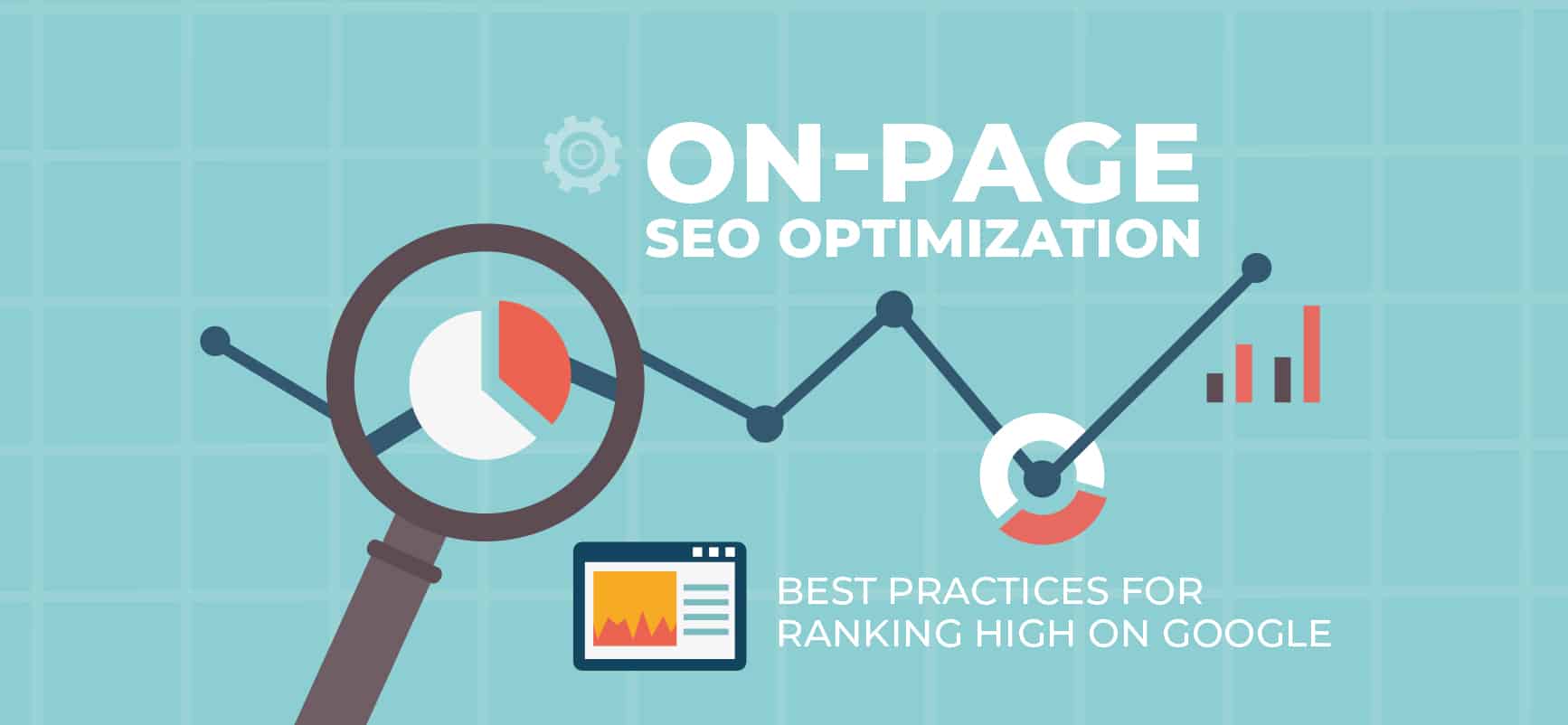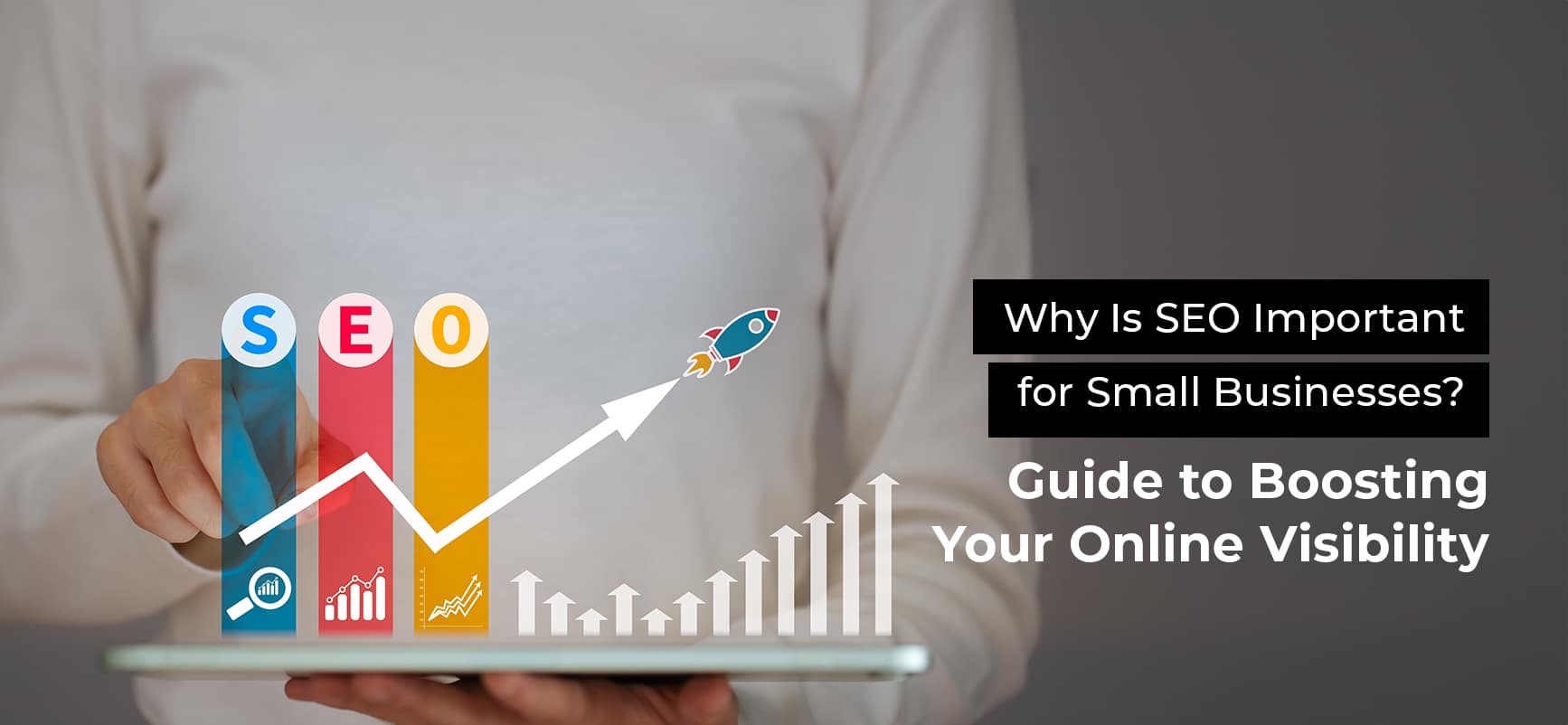Benefits of Lead Generation: How It Can Help Grow Your Business
Introduction
Discover the untapped potential of lead generation and propel your business to new heights. In this blog, ‘Benefits of Lead Generation: How It Can Help Grow Your Business‘, we unravel the myriad benefits that effective lead generation brings to the table, from expanding your customer base to optimize marketing strategies. Unleash the power of lead generation for unparalleled business growth.
Table of Contents
Benefits of Lead Generation: Building the Foundation for Business Growth
Lead generation is a pivotal aspect of modern business strategy, serving as the process of identifying and cultivating potential customers for a product or service. Its significance lies in its ability to connect businesses with individuals or entities interested in their offerings, essentially bridging the gap between prospects and the sales funnel.
In the dynamic realm of commerce, lead generation holds immense value for several reasons. Firstly, it streamlines marketing efforts by focusing resources on individuals already expressing interest, ensuring a more efficient allocation of time and budget. This targeted approach enhances the likelihood of converting leads into actual customers, boosting the overall return on investment.
Furthermore, lead generation plays a crucial role in expanding a company’s customer base. By identifying and attracting potential customers, companies can diversify their clientele, reducing dependency on a narrow market segment. This not only fosters resilience against market fluctuations but also opens doors to new opportunities and revenue streams.
The benefits of lead generation in attracting potential customers is fundamental. Through various channels, like content marketing, social media, and SEO, businesses create a magnetic pull for individuals seeking solutions to their needs. By providing valuable information, solving problems, and engaging in meaningful interactions, businesses position themselves as reliable sources, cultivating trust and interest among potential customers.
Increased Sales Opportunities: Turning Leads into Revenue
Lead generation serves as a gateway to new avenues for sales by identifying and cultivating potential customers, creating opportunities for businesses to expand their reach and increase revenue streams. One of the primary ways it accomplishes this is by providing a steady influx of prospects who have already demonstrated interest in a product or service. These individuals are more likely to engage with sales efforts, making the sales process more efficient and effective.
The connection between quality leads and increased conversion rates is integral to understanding the impact of lead generation on sales. Quality leads are those individuals who are not only interested in a company’s offerings but also align with the target audience and are more likely to become paying customers. By focusing on generating high-quality leads, businesses can significantly enhance their conversion rates. These leads are already pre-qualified, reducing the time and effort required to move them through the sales funnel.
Quality leads often have a better understanding of their needs and are actively seeking solutions, making them more receptive to sales pitches. This increased receptivity translates into higher conversion rates as businesses can tailor their sales strategies to address the specific needs and concerns of these leads. Consequently, a focus on generating quality leads through strategic lead generation efforts results in a more efficient and successful sales process, ultimately opening up new avenues for increased revenue and business growth.
Cost-Effective Marketing: Maximizing ROI through Targeted Approaches
Lead generation stands out as a cost-effective alternative to traditional marketing methods, providing businesses with a more efficient way to reach their target audience. Unlike traditional marketing, which often involves broad-reaching campaigns with considerable upfront costs, lead generation allows for a more targeted and focused approach. This focus results in better utilization of resources, making it a cost-efficient strategy for businesses of all sizes.
Targeted lead generation strategies play a crucial role in optimizing marketing budgets. By focusing on specific demographics, behaviors, and interests, businesses can minimize wasteful spending on audiences unlikely to convert. This precision ensures that marketing efforts are directed towards individuals who are more likely to become customers, thus maximizing the return on investment.
Digital channels, such as social media, content marketing, and search engine optimization, offer cost-effective avenues for lead generation. These platforms enable businesses to reach potential customers with tailored content, engage in meaningful interactions, and build relationships at a fraction of the cost associated with traditional advertising.
Moreover, the ability to track and analyze the performance of lead generation campaigns in real-time allows businesses to make data-driven decisions and refine their strategies for even greater efficiency. This adaptability ensures that marketing budgets are allocated to the most effective channels and tactics, further enhancing the overall cost-effectiveness of lead generation.
Enhanced Customer Relationships: Nurturing Leads for Long-Term Success
Lead nurturing plays a pivotal role in building robust customer relationships by fostering engagement and trust throughout the buyer’s journey. It extends beyond the initial lead generation phase, focusing on cultivating relationships with potential customers through personalized and meaningful interactions. This process is crucial in converting leads into loyal customers and advocates for a brand.
Personalized communication is a cornerstone of effective lead nurturing and is instrumental in building customer loyalty. Tailoring interactions based on individual preferences, behaviors, and needs creates a sense of recognition and value for the customer. It demonstrates that the business understands and cares about their specific requirements, leading to a more profound connection.
By delivering content and messages that resonate with a lead’s interests and challenges, personalized communication establishes a foundation of trust. This trust is pivotal for sustained customer relationships, as customers are more likely to remain loyal to a brand that consistently addresses their unique concerns and preferences.
Moreover, personalized communication contributes to customer loyalty by enhancing the overall customer experience. Whether it’s personalized emails, targeted content recommendations, or exclusive offers based on individual behaviors, customers feel acknowledged and appreciated. This, in turn, strengthens the emotional connection between the customer and the brand, making them more likely to choose the business over competitors and advocate for the brand within their network.
Data-Driven Decision Making: Leveraging Insights for Business Optimization
Benefits of lead generation is not only in bringing in potential customers but also providing businesses with a treasure trove of valuable data and insights. This data is a goldmine that, when analyzed effectively, empowers businesses to make informed decisions across various facets of their operations.
Lead data analysis allows businesses to understand their target audience better. By examining demographic information, behaviors, and preferences of generated leads, businesses can create detailed buyer personas. This insight helps in tailoring marketing strategies to resonate with the specific needs and interests of their audience, resulting in more targeted and effective campaigns.
Moreover, lead data analysis facilitates the identification of high-value leads. By assessing lead engagement, businesses can prioritize leads that are more likely to convert into customers. This prioritization streamlines the sales process, enabling teams to focus their efforts on leads that have demonstrated genuine interest and intent.
Lead data also contributes to the optimization of marketing channels. By tracking the performance of various lead generation sources, businesses can allocate resources more effectively. If certain channels consistently deliver high-quality leads, the budget can be reallocated to maximize returns, ensuring a more efficient use of marketing resources.
Additionally, lead data analysis aids in refining product and service offerings. Feedback and preferences gathered from leads provide valuable insights into market demands, enabling businesses to adapt and evolve their offerings to better meet customer expectations.
Brand Visibility and Authority: Establishing a Strong Market Presence
One of the benefits of lead generation is brand visibility, which plays a crucial role in putting a business in front of its target audience. By strategically implementing lead generation tactics, businesses increase their online and offline presence, contributing to brand recognition and authority within their industry.
A strong lead generation strategy involves creating valuable and relevant content that resonates with the target audience. This content, whether through blog posts, social media, or other channels, not only attracts potential leads but also positions the business as a knowledgeable and authoritative source in its field. Consistent and high-quality content establishes trust and credibility, making the brand more visible and memorable to its audience.
Participation in industry events, webinars, and collaborative projects are additional ways lead generation enhances brand visibility. By actively engaging with the target audience through these avenues, a business can showcase its expertise, connect with potential leads, and strengthen its position as an industry authority.
Moreover, effective lead nurturing through personalized communication further contributes to brand visibility. By maintaining ongoing interactions with leads, businesses remain top-of-mind, reinforcing their presence in the minds of potential customers.
Social proof, in the form of testimonials, case studies, or reviews obtained through successful lead conversions, also boosts brand visibility. Positive experiences shared by existing customers enhance the company’s reputation and attract more leads, solidifying its status as a trusted authority in the industry.
Adaptability and Scalability: Meeting the Evolving Needs of Your Business
The flexibility of lead generation strategies makes them invaluable in navigating changing market conditions. In a dynamic business landscape, where consumer behavior, technology, and competition evolve rapidly, lead generation adapts seamlessly to these shifts. Whether it’s adjusting targeting parameters, refining messaging, or adopting new channels, businesses can pivot their lead generation strategies to align with emerging trends and market demands.
Scaling lead generation is a testament to its adaptability, especially in accommodating business growth. As a company expands, the demand for a larger customer base necessitates a scalable approach to lead generation. This scalability is achievable through various means, such as leveraging automation tools, diversifying marketing channels, and optimizing processes for increased efficiency.
Automation plays a pivotal role in scaling lead generation efforts. Automated lead nurturing workflows, email campaigns, and data analysis tools streamline the process, allowing businesses to handle a growing volume of leads without sacrificing personalization and quality. This not only enhances productivity but also ensures that as the business scales, lead generation remains a manageable and effective component of the overall growth strategy.
Diversifying marketing channels is another key aspect of scaling lead generation. By expanding outreach to new platforms and channels, businesses tap into fresh audiences and markets. This adaptability ensures that lead generation efforts remain responsive to changing consumer habits and preferences, fostering sustained growth.
Conclusion
In conclusion, the advantages of lead generation extend far beyond immediate sales. By fostering meaningful connections, refining targeting, and fueling strategic expansion, it becomes a catalyst for sustained business growth. Embrace the transformative impact of lead generation and witness your enterprise flourish in the dynamic landscape of commerce. We hope you have found this blog, ‘Benefits of Lead Generation: How It Can Help Grow Your Business’, of use to you and your business. For further information or to discuss how lead generation can benefit your business specifically, please feel free to contact us.







